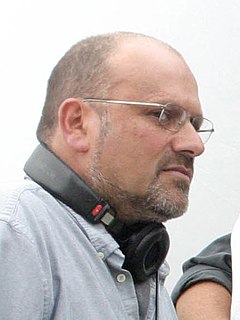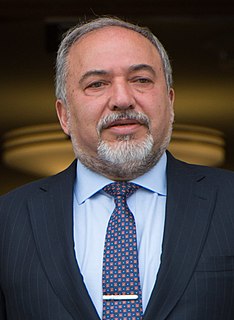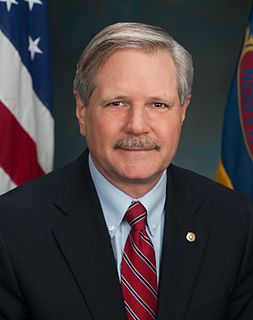A Quote by Hillary Clinton
I think we've got to understand the complexity of the world that we are facing and no place is more so than in the Middle East.
Quote Topics
Related Quotes
I think the public is very reluctant to get involved in more foreign wars, especially in the Middle East. And they understand, implicitly, that we go to war in the Middle East because of oil. And if we don't want to go to war in the Middle East, then we have to do something about the oil problem. And I think that view is gaining ground in the U.S.
It was important for me to show that Beirut and Lebanon were once the pearl of the Middle East. Beirut was once called the Paris of the Middle East and to have that feeling of a destroyed place that once was beautiful and glamorous and visually impressive was important. I think it's even sadder to get the feeling that this country, and indeed the whole Middle East, could have been a major force in the world if people would get together and forget about destruction, death and wars. But unfortunately, it's not happening yet.
Our challenge is much more pervasive than it would be if we were just facing one enemy in one place. [Instead there is] the Middle East, Iraq, North Korea, Iran. There's a relatively long list that we believe are linked to the al Qaeda network in the Philippines, in Indonesia and in Yemen and other places. That makes it very clear that this is a global network.
Peace in Syria is not only our priority; it's a Middle Eastern priority, and when the Middle East is stable, the rest of the world is stable, because the Middle East is the heart of the world geographically and geopolitically, and Syria is the heart of the Middle East geographically and geopolitically.
Israel's democracy is the bedrock on which our relationship stands. It's a shining example for people around the world who are on the frontline of the struggle for democracy in their own lands. Our relationship is also based on our common interest in a more stable and peaceful Middle East, a Middle East that will finally accord Israel the recognition and acceptance that its people have yearned for so long and have been too long denied, a Middle East that will know greater democracy for all its peoples.
I'm not trying to create a stand-in or avatar with whom the reader can identify, but separate, believable characters with distinct personalities; I'm trying to place the reader more in the role of observer rather than that of participant. I think this approach comes out of my own personal desire and struggle to understand our world, and the complex interactions of people with one another and their environment. My work is an improvised exploration of this complexity, as opposed to a structured, plot-driven narrative.
































